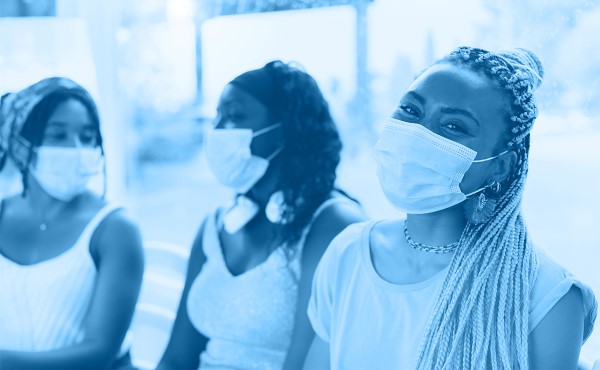Legislative Prospectus: Health Equity
December 29, 2021
 Public health officials work to improve the health of all people, regardless of race, ethnicity, gender, sexual orientation, or social status. Discrimination based on a person’s physical characteristics of perceived social grouping is a psychosocial stressor linked to negative health outcomes such as high blood pressure and sleep disturbances. Policy decisions that implement or perpetuate racial discrimination to limit the well-being, opportunities, resources, or power are forms of structural racism.
Public health officials work to improve the health of all people, regardless of race, ethnicity, gender, sexual orientation, or social status. Discrimination based on a person’s physical characteristics of perceived social grouping is a psychosocial stressor linked to negative health outcomes such as high blood pressure and sleep disturbances. Policy decisions that implement or perpetuate racial discrimination to limit the well-being, opportunities, resources, or power are forms of structural racism.
To achieve optimal health for all, public health agencies are working with governmental and non-governmental partners to dismantle structural racism and other forms of structural discrimination. This work, commonly referred to as health equity, include strategies such as investing additional resources in historically under-resourced or disinvested communities, addressing inequities in social determinants of health, and supporting community-led solutions. There are many policy opportunities to support health equity across all levels of government.
The COVID-19 pandemic magnified existing health inequities for policymakers, with Black, Indigenous, and Latinx communities disproportionately impacted.
Many factors, including structural racism and low-wage jobs with little flexibility, contribute to higher rates of COVID-19 infection and death within these communities. Recent actions by state legislatures include declaring racism as a public health crisis, advancing efforts to improve collecting data on health disparities, and implementing legislative processes to promote health equity.